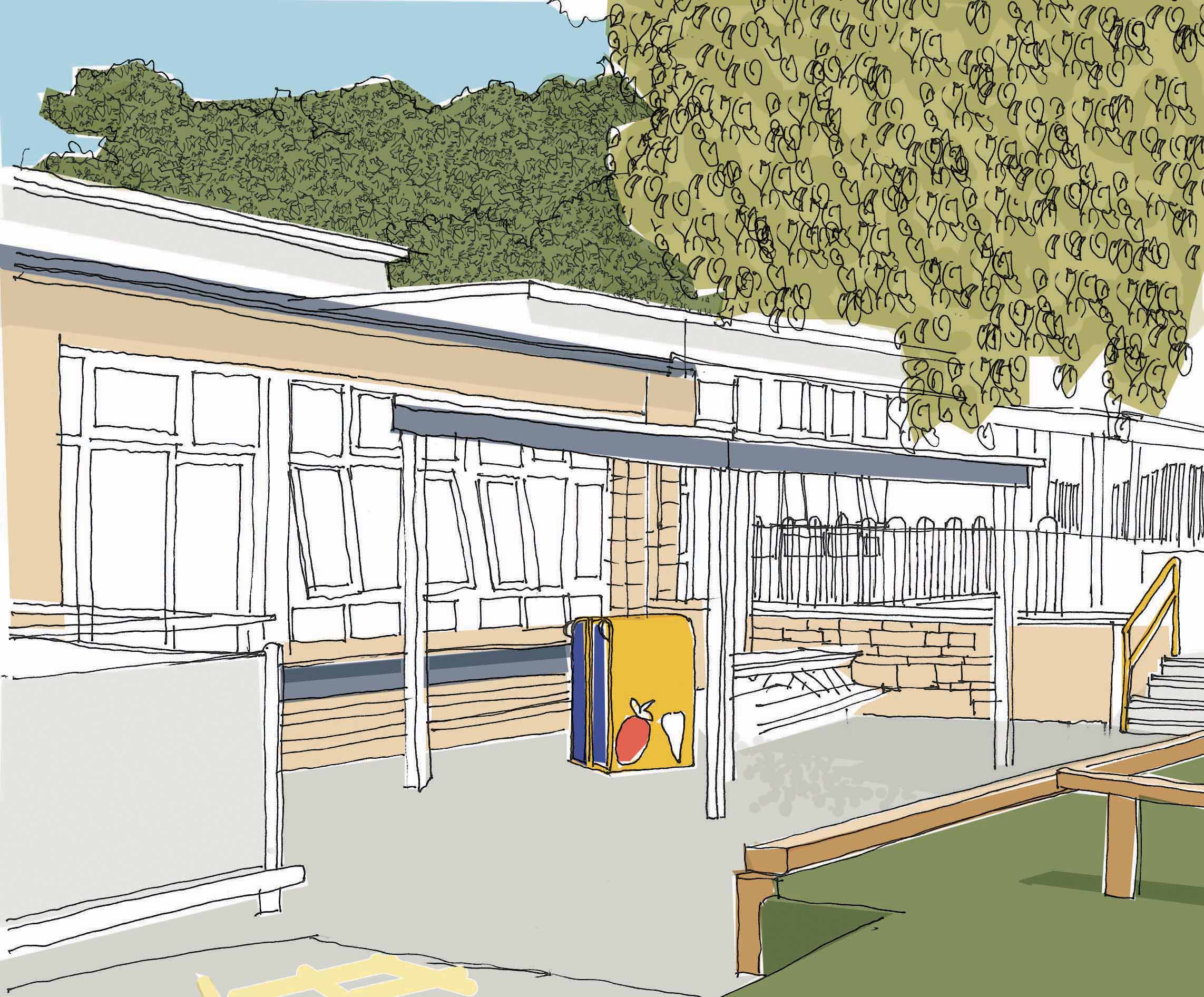Design and Technology

Intent
At Elmlea Schools Trust, our Design Technology curriculum aims to inspire, challenge, and motivate
children to become resilient and reflective learners who can work alongside each other, practise key
skills and create meaningful products. Across all key stages, children are taught the key skills needed
to design, create, and evaluate. These skills are taught in an age-appropriate way and children are
encouraged to use and apply these skills across the whole curriculum. Children are given
opportunities to work alongside their peers, so that they can learn to communicate ideas effectively
and appreciate the differing opinions of others. We aim for all children to become reflective thinkers
and encourage children to solve problems as they arise to help build their resilience and
independence. Alongside our Science and PSHE curriculum, we teach children about making healthy
food choices as well as teaching the skills needed to create healthy dishes.
Implementation/Learning Journey
In EYFS, the curriculum has been designed to give children daily opportunities to practise key skills,
either independently or with the support of a teacher. Indoor and outdoor resources are made
readily available to the children and they are encouraged to work independently, with support if
needed, or with their peers. Throughout the year, children have to opportunity to use their skills to
work on specific projects. Children will follow a simple brief and if needed, children will be supported
in using and selecting appropriate tools. They are encouraged to celebrate their successes through
discussions and reflect on their work by thinking of ways it could be improved. Technical language is
introduced and used within each topic and pupils use and apply this knowledge with increasing
independence.
In KS1, Design Technology is taught by the class teacher. Throughout the year, each year group will
work on at least three main projects which link to their year group termly topic. Vocabulary is
introduced at the start of a topic and teachers encourage children to use this throughout the
process. The significance of design is highlighted in KS1 and children are encouraged to discuss and
share their ideas before recording their own design. The labelling of designs challenges children to
use the appropriate vocabulary and give technical reasons for their choices. Teachers model key
skills and safety information is discussed. During the making process, children are encouraged to
practise and develop these skills with growing independence as they move through the phase. The
evaluation process is a key part to children’s learning. Reflection of their, through discussion with
their peers enables them to celebrate their successes and gain resilience when something needs
changing. Pupils are introduced in the concept of healthy eating and hygienic food preparation
alongside being taught basic cooking skills.
In KS2, Design Technology is taught by the class teacher. Each year group works on three main
projects which link with either the overarching topic or a science unit of work. Technical knowledge
forms the basis of the chosen projects to enable clear links to be made between the STEM subjects
of science, technology, engineering and maths, The processes of designing, making and evaluating
products are highlighted throughout the projects to enable children to feel confident with these key
elements of the subject. Pupils are taught how to work within a design team and are encouraged to
share and clarify ideas through communication. Through the design element of the project, pupils
are encouraged to draw annotated diagrams and sketches which communicate their intended
designs. During the design and making process, the practical application of mathematical skills is
highlighted. The cooking and nutritional elements of the subject are carefully and purposefully
linked with science and PSHE to enable the life skills of healthy eating and the ability to prepare a
balanced meal or snack to be learned. Technical vocabulary is introduced and used through the
duration of the project and links to the STEM subjects are made explicit.
Teachers support pupils to develop their design and technology skills through modelling and
scaffolding their learning. Challenge is provided by encouraging independence both practically and
through written and verbal communication. Independence in the accurate use of technical language
and the choice of appropriate tools and equipment can be seen in those who are working at the
highest level.
Enrichment
In addition to our curriculum lessons, pupils’ learning is enriched through our annual STEM Week,
where they have the opportunity to work as part of a team to design, build and solve real life
problems by linking their scientific and design technology skills. During this week, they are
introduced to engineering as a potential career choice and visiting speakers provide role models for
STEM subjects and careers.
